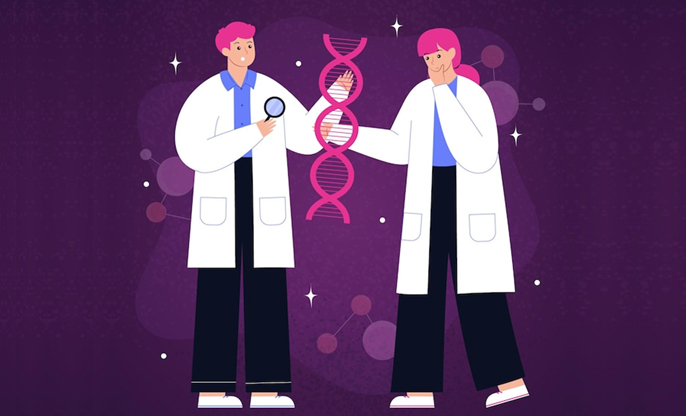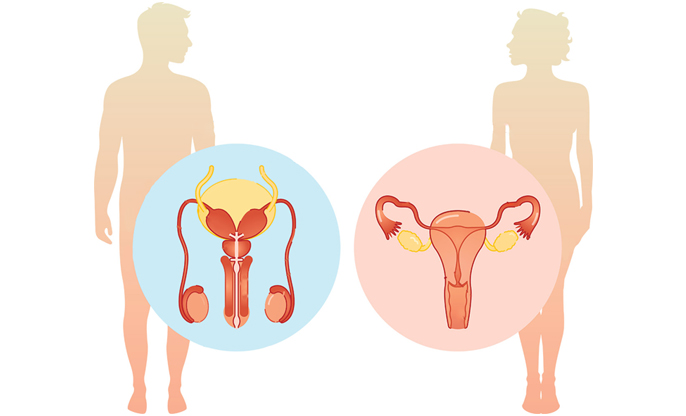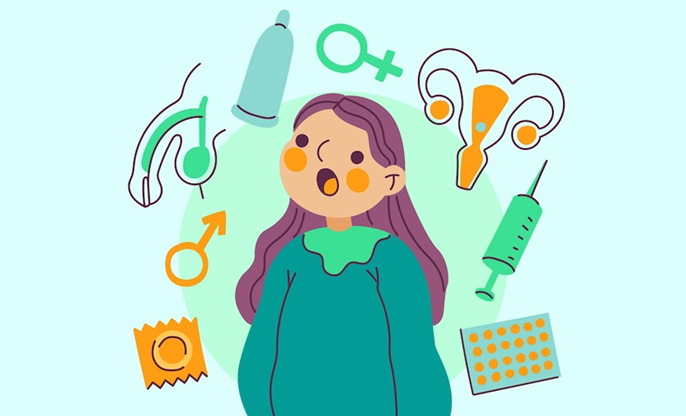
Sexual relationships touch deeply on our mental health and overall well-being. Whether fleeting or long-standing, these relationships shape how we see ourselves, impacting our self-esteem, emotional stability, and mental health. It's vital to grasp the dynamics at play to nurture supportive, enriching relationships that boost our well-being.
The Deep
Connection Between Sexual Relationships and Mental Health
- Emotional Intimacy and Support: The
emotional closeness we often find in sexual relationships can significantly
uplift our mental health. This bond provides a sense of security and
support, easing feelings of loneliness and isolation. Feeling connected
and valued by our partners can elevate our self-esteem and shield us
against stress and depression.
- Physical Intimacy and Psychological Well-being:
Physical closeness, including sexual activity, sparks the release of
hormones like oxytocin and endorphins, known for enhancing mood. These
hormones foster happiness and fulfillment, ease stress, and can even lessen
pain. Thus, a flourishing sexual relationship can play a crucial role in
our emotional and mental well-being.
- Stress Relief: Engaging in sexual activities can cut down on stress. It's a natural response that brings relaxation and contentment, contributing to lower stress levels and a more upbeat mental state. Regular sexual activity is often linked to better management of stress responses and reduced blood pressure.
When Sexual
Relationships Harm Mental Health
Despite the benefits, sexual relationships can sometimes
negatively impact mental health, particularly if they involve conflict or are
problematic.
- Sexual Dysfunction and Mental Health
Challenges: Issues like erectile dysfunction or pain during
sex can provoke anxiety, depression, and diminish life quality. These
challenges can deeply affect an individual’s self-esteem and add stress to
relationships.
- Toxic Relationships: Sexual relationships that
include emotional or physical abuse, manipulation, or neglect can cause
severe psychological damage. These experiences can lead to lasting issues
such as depression, anxiety, low self-esteem, and post-traumatic stress
disorder (PTSD).
- Incompatibility and Emotional Distress: Sexual mismatches can lead to frustration and dissatisfaction, which might bleed into other relationship areas, sparking conflict and emotional turmoil. This can reduce overall life satisfaction and heighten stress.
Fostering Mental
Health Through Healthy Sexual Relationships
- Communication:
Open and honest dialogue with our partners can enhance relationship
satisfaction and prevent issues from worsening. Discussing preferences,
consent, and discomforts openly can lead to more fulfilling and respectful
interactions.
- Professional Help: For those struggling with sexual
dysfunction or relationship difficulties, seeking guidance from therapists
or counselors can be invaluable. Options like sex therapy, couples
therapy, or individual counseling can offer ways to improve both sexual
and psychological health.
- Education and Awareness: Learning about sexual health and emotional needs, both for ourselves and our partners, can promote a healthier and more respectful approach to sexual relationships. Understanding safe sex practices, sexual rights, and personal boundaries is crucial.
Sexual relationships have a complex and significant role in shaping our mental health. While they can greatly enhance our psychological well-being through emotional support and stress reduction, they can also pose challenges. It’s crucial to handle sexual relationships with great care, respect, and open communication, ensuring they have a positive impact on our mental and emotional health.








